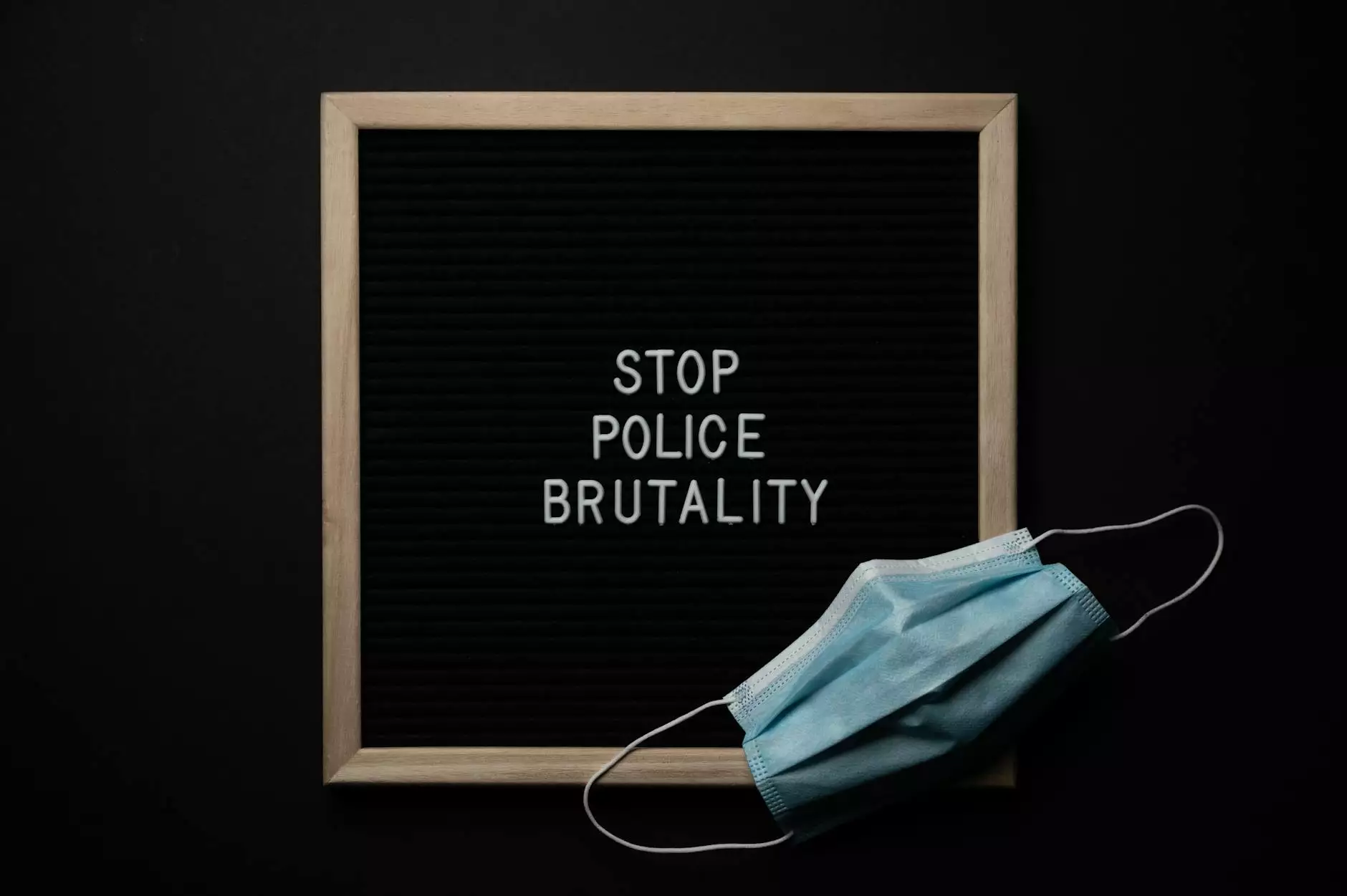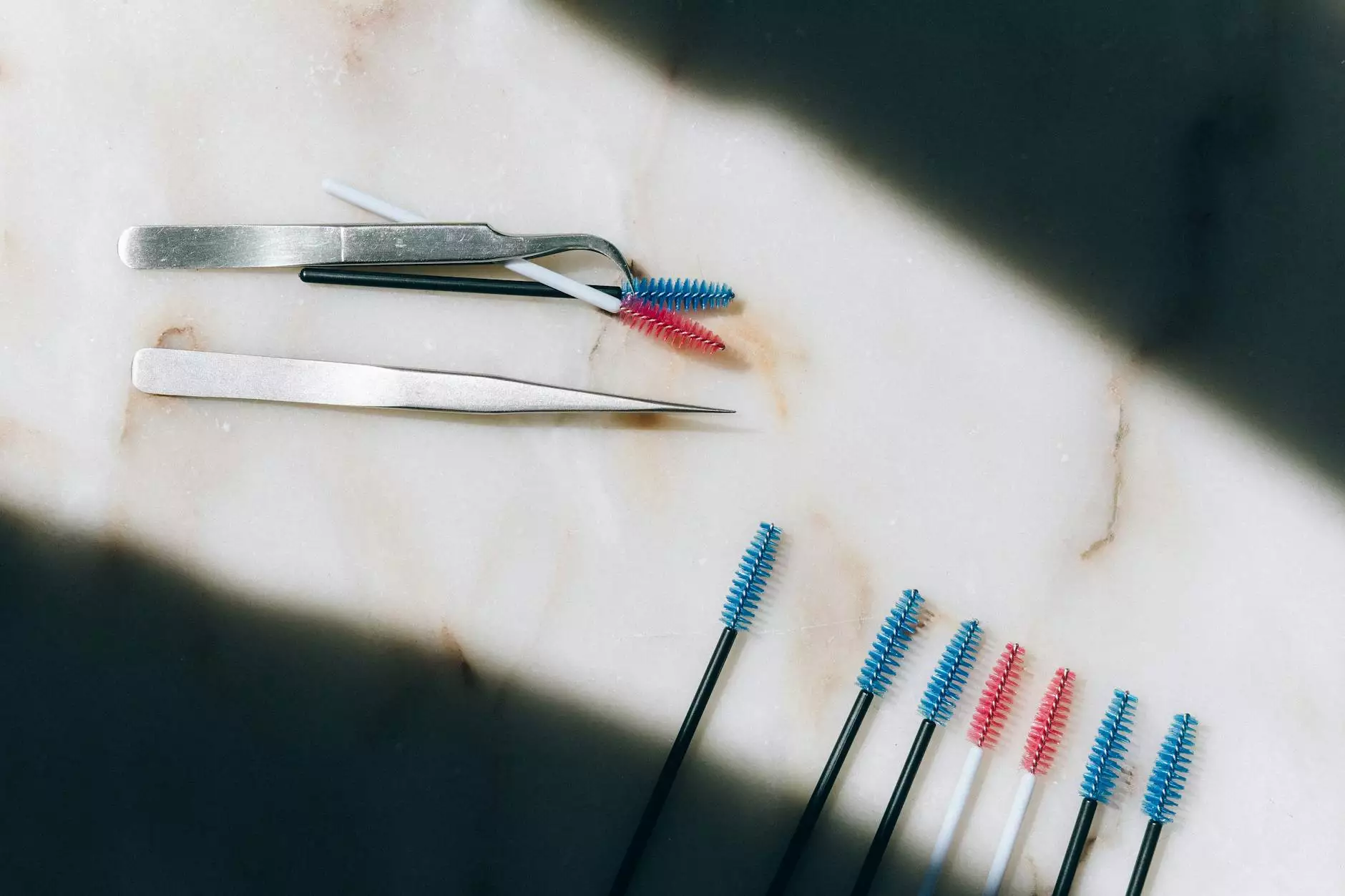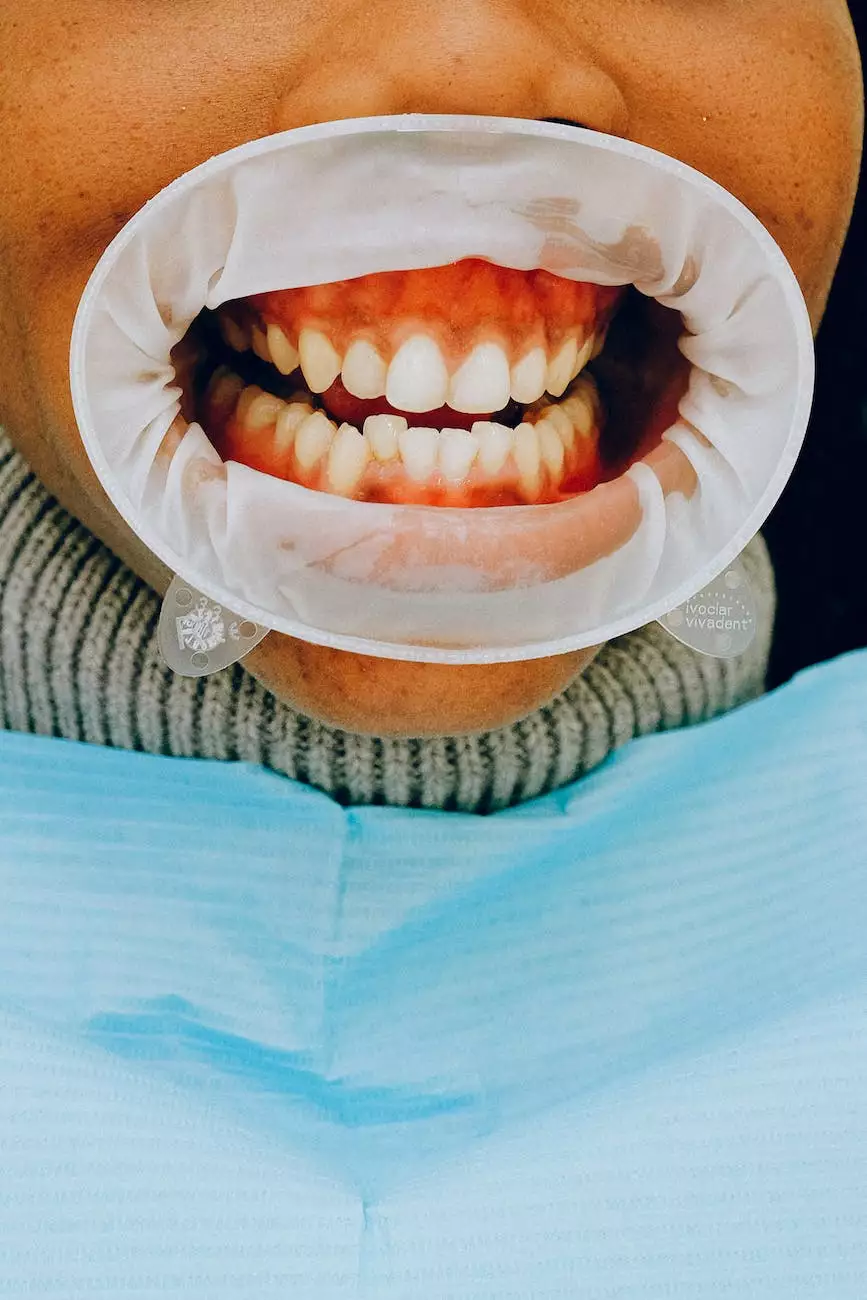How to Stop Grinding Teeth | Bruxism | TMJ
Teeth Grinding (Bruxism)
Do you wake up with a sore jaw or headache? Are your teeth starting to show signs of wear and tear? You may be experiencing bruxism, a condition characterized by the grinding or clenching of teeth. At Marvin Blumentritt, DMD - Troy Dental, we understand the impact that teeth grinding can have on your oral health and overall well-being. In this comprehensive guide, we will explore the causes, symptoms, and effective solutions to help you overcome bruxism and find relief from TMJ-related issues.
Understanding Bruxism
Bruxism is a common dental concern that affects many individuals across different age groups. It can occur during the day but is most prevalent during sleep, which makes it difficult to control. The act of grinding and clenching teeth can exert excessive force on your jaw, leading to various complications such as:
- Worn down tooth enamel
- Tooth sensitivity
- Tooth fractures or cracks
- Jaw pain and stiffness
- Headaches and migraines
- Temporomandibular joint disorder (TMJ)
If left untreated, bruxism can result in significant dental damage and potentially require extensive restorative procedures. Therefore, it is essential to address the issue promptly to prevent further complications.
Causes of Bruxism
The precise cause of bruxism is not fully understood, but several factors contribute to its development. Potential causes include:
- Stress and anxiety: Bruxism is often linked to high stress levels, unresolved tension, or anxiety disorders. Identifying and managing stress triggers can help alleviate teeth grinding.
- Misaligned bite: Teeth that do not align properly can cause the jaw muscles to work harder to find an ideal resting position, resulting in grinding or clenching.
- Sleep disorders: Individuals with sleep-related disorders, such as sleep apnea, are more prone to bruxism as the body tries to open the airway by moving the jaw forward or sideways.
- Lifestyle factors: Consuming excessive amounts of caffeine or alcohol, smoking, and recreational drug use can increase the likelihood of bruxism.
If you suspect bruxism, it is crucial to schedule an appointment with a qualified dentist who can evaluate your oral health and determine an appropriate treatment plan.
Effective Treatment Options
At Marvin Blumentritt, DMD - Troy Dental, we provide comprehensive dental services aimed at addressing bruxism and TMJ-related concerns. Our experienced dental team offers the following treatment options:
Dental Splints or Mouthguards
A custom-made dental splint or mouthguard can help protect your teeth from the damaging effects of grinding and clenching. These oral appliances are designed to fit comfortably over your teeth, creating a barrier and reducing the force exerted on your jaw.
Stress Management Techniques
Since stress is one of the significant contributing factors to bruxism, we emphasize the importance of stress management techniques. Our team can guide you in developing strategies to reduce stress and anxiety, such as practicing relaxation exercises or seeking professional counseling.
Bite Correction and Orthodontic Treatment
If misaligned teeth or an improper bite contribute to your bruxism, our dentists may recommend bite correction or orthodontic treatment. By aligning your teeth and optimizing your bite, we can help alleviate the strain on your jaw muscles and reduce the incidence of teeth grinding.
Preventing Bruxism at Home
In addition to professional treatment, there are several steps you can take at home to minimize the occurrence of bruxism:
- Avoid stimulating substances: Reduce your intake of caffeine, alcohol, and tobacco, as they can exacerbate teeth grinding.
- Practice good sleep habits: Establishing a regular sleep routine and creating a relaxing environment can promote better sleep quality and reduce bruxism.
- Manage stress: Incorporate stress management techniques, such as exercise, mindfulness, and engaging in hobbies, into your daily routine.
- Avoid chewing on non-food items: Chewing on pencils, pens, or other non-food items can encourage teeth clenching and grinding. Be conscious of this habit and try to redirect it.
By implementing these preventive measures and seeking professional treatment, you can effectively manage bruxism and preserve the health of your teeth and jaw.
Contact Marvin Blumentritt, DMD - Troy Dental
If you or a loved one are suffering from teeth grinding or suspect bruxism, it is essential to seek professional dental care. Marvin Blumentritt, DMD - Troy Dental specializes in comprehensive dental services and is dedicated to helping patients achieve optimal oral health. Contact our office today to schedule an appointment and take the first step towards stopping teeth grinding and alleviating TMJ-related concerns.
Remember, early intervention is key to preventing further dental complications associated with bruxism. Let us be your partner in maintaining a healthy smile!




